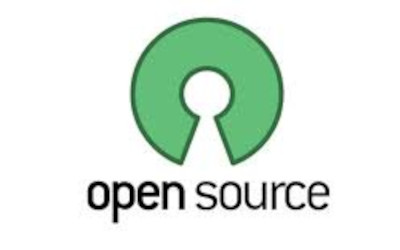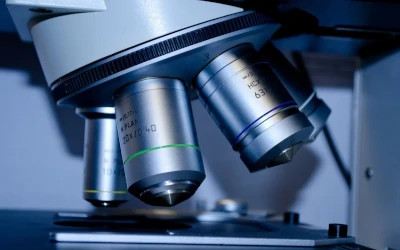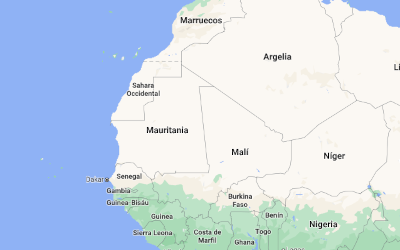Train the Trainers (T&T) is a program to assist medical universities in Western Africa in developing local expertise and human infrastructure to establish and sustain state of the art knowledge and technologies in medical training, primarily in the areas of learning digital anatomy and medical interventions. T&T strives to narrow the knowledge gap between historically privileged academic medical centers of excellence and developing countries, specifically in Western Africa.
Free Open-Source Software
T&T advocates free open-source software technologies as key approach to sustainability. In the era of ever decreasing hardware prices, software is the costliest component of most modern medical systems. The availability of high quality clinical-grade medical systems powered by free open-source software can make many modern advances of medicine affordable and sustainable in developing countries. T&T aspires to bring this future to Western Africa. T&T also advocates the entrepreneurial use of free open-source software to promote businesses that, in turn, help sustainability.
Infusion of research
T&T fuses academic research with knowledge and technology translation, so that African partners have locally active research programs in parallel to their teaching and training activities. Research fuels interest and passion that lead to sustained intellectual engagement. T&T aims to help the creation of self-sustaining academic nuclei that we support with mentoring, connections to the international research community and access to conferences and scientific publishing.
Interdisciplinarity
Medical research involving digital technology inevitably draws participation from the full spectrum of STEM. T&T seeks to plant and nurture seeds of academic excellence with strong collaborative ties to STEM, thus contributing to a new generation of technology-savvy professionals.
Knowledge Translation Hub
T&T operates out of a knowledge translation hub in Spain’s Canary Islands, a unique geolocation in the doorstep of Western Africa. Our model is to create complete medical training setups at the Canary T&T hub, bring Western African academic medical educators for intensive hands-on courses, then replicate the complete training setup in their home countries, with providing active telepresence and onsite support until our partners accumulate sufficient local expertise and human resources to sustain their operations.




